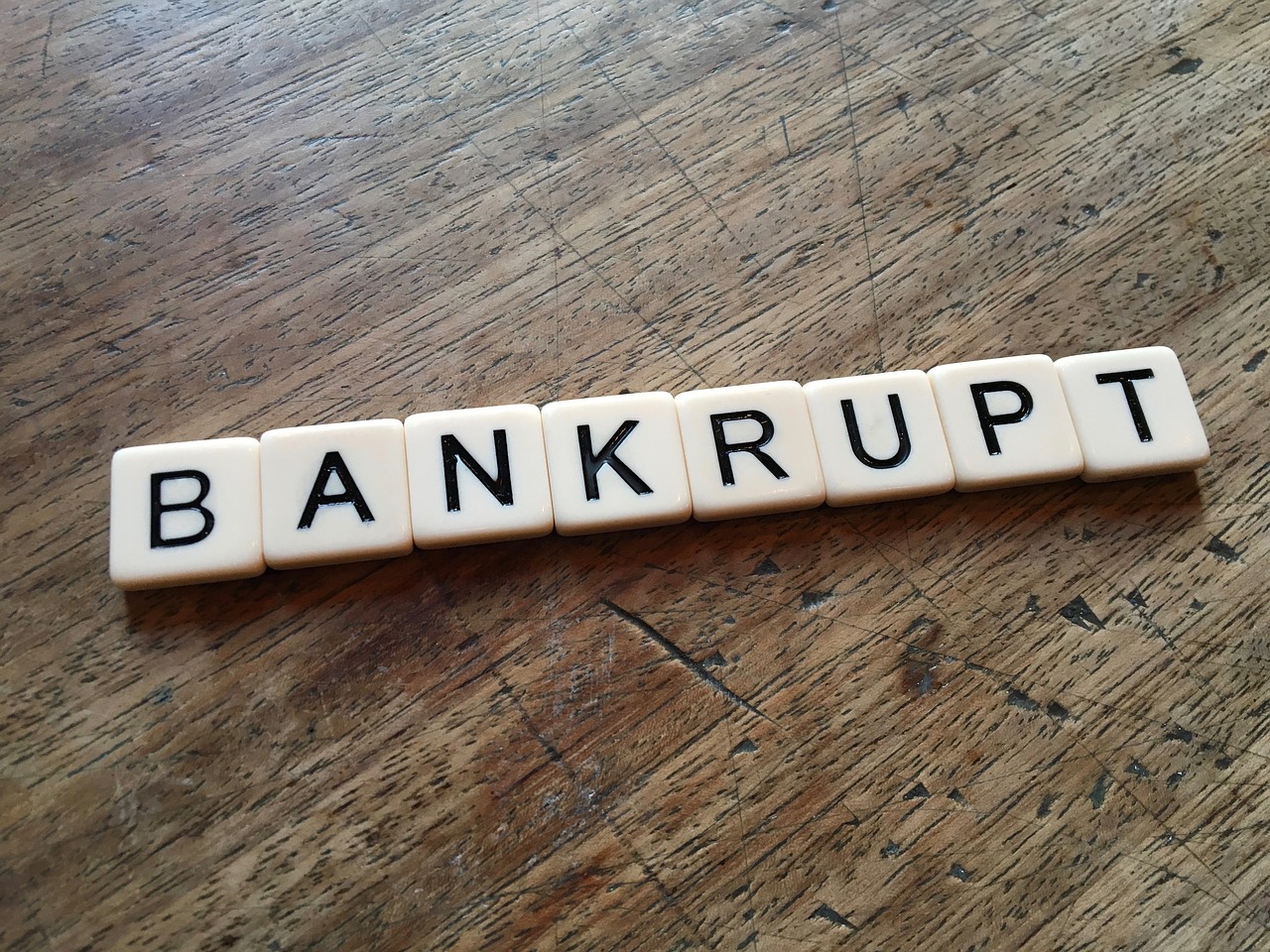In a strategic move, the Singaporean cryptocurrency firm behind TerraUSD and Luna, Terraform Labs, filed for bankruptcy on January 21 in a Delaware bankruptcy court in a move intended to keep the embattled blockchain company in business throughout its legal battles in both Singapore and the United States. The bankruptcy filing estimated the assets and liabilities of the firm to be in the $100 to $500 million range, while expressing confidence about the abilities of the company to meet its financial obligations without needing additional financing.
“The Terra community and ecosystem have shown unprecedented resilience in the face of adversity, and this action is necessary to allow us to continue working toward our collective goals while resolving the legal challenges that remain outstanding,” Terraform Labs CEO Chris Armani said in a statement announcing the Chapter 11 bankruptcy filing.
Recall that Terraform Labs and its embattled Singaporean co-founder, Do Kwon, are facing trial in the US against the Securities and Exchange Commission (SEC) over an alleged $40 billion fraud case. US District Judge Jed Rakoff postponed the trial to March 25, 2024, in anticipation of Do Kwon’s extradition to the United States. Terraform Labs co-founder Do Kwon is (currently) in jail in Montenegro for falsifying travel documents. Do Kown is also wanted in the United States and Singapore for alleged securities fraud and forgery, among other criminal charges.
What Happened to Terraform Labs?
Terraform Labs is the crypto firm behind the TerraUSD and LUNA projects, a so-called algorithmic stablecoin and its sister cryptocurrency token that both simultaneously crashed in May 2022, wiping off over $40 billion from the cryptocurrency market in 48 hours. At its peak, the native token of the Terra project, LUNA, reached a price of over $116 and achieved a market capitalization of nearly $40 billion US dollars, making it the 8th largest stablecoin by market cap back in April 2022.
Unlike most other stablecoins, the TerraUSD (UST) stablecoin does not have the US dollar as collateral in reserves. It relies on the value of the LUNA token to maintain its 1:1 peg with the US dollar. So, when LUNA crashed from its high of over $100 to a fraction of a penny, UST followed suit, undergoing a massive depeg that wiped out its value.
While the combined market cap loss from UST and LUNA was under $60 billion, the ripple effect of the crash caused a massive depression that wiped off an estimated $300 billion from the market cap of the industry in general. The industry is yet to recover fully.
The Aftermath
After the LUNA and UST meltdown and its ripple effect on the entire industry, many “Lunatics” (a self-appellation for believers in the LUNA project) lost most of their holdings in the stablecoin and its associated cryptocurrency. Others took to Reddit to count their losses when it became evident the coin had no clear path to recovery. Shortly after the collapse, co-founder Do Kwon shared a rescue plan to resurrect the cryptocurrency and mitigate losses. The plan attracted criticisms from most observers in the cryptocurrency space, with former Binance CEO Changpeng Zhao describing it as “wishful thinking.”
Unsurprisingly, the LUNA 2.0 plan ultimately failed, causing Do Kwon to abandon it, leaving disgruntled investors licking their wounds.
Terraform Labs’ Legal Battles and the Bankruptcy
Months after the LUNA project failure, the US Securities and Exchange Commission (SEC) charged Terraform Labs and its co-founder Do Kwon with a multi-billion-dollar asset securities fraud, claiming the duo deceived users into buying LUNA and its associated Terra USD stablecoin through false promises.
“Today’s action not only holds the defendants accountable for their roles in Terra’s collapse, which devastated both retail and institutional investors and sent shock waves through the crypto markets,” the SEC said in its announcement of the criminal complaints against the firm and its founder.
On December 29, 2023, US District Judge Jed Rakoff agreed with the SEC that Terraform Labs and Do Kwon broke US law by not registering UST and LUNA before their tragic collapse in 2022. We would have to wait and see how the situation unfolds. Programmatic stablecoins are fast fading away because of similar incidents amid eroding confidence in their ability as an asset class to hold value.








